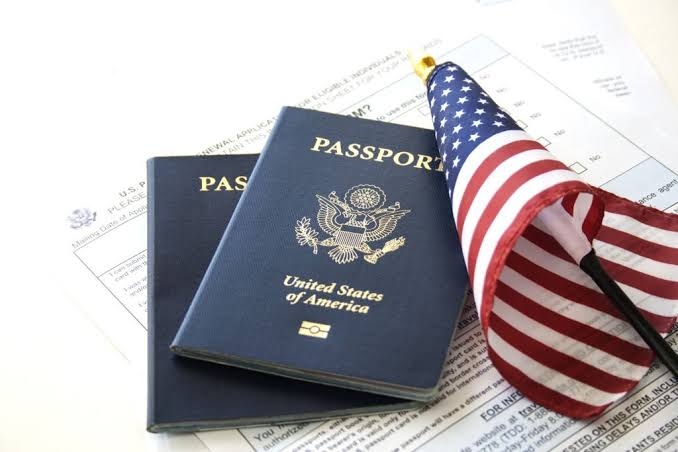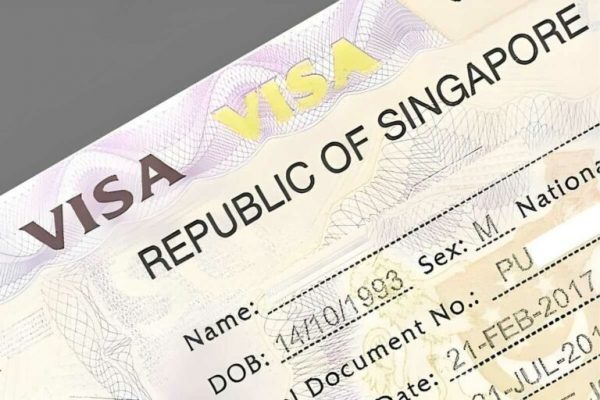New Zealand is becoming a popular destination for people looking for not just a good job but also a chance to build a permanent life. The country’s beautiful landscapes and balanced lifestyle attract many, but what really draws skilled workers is the opportunity to find well-paying jobs that open the door to permanent residency. If you’re wondering which jobs pay well and how they connect to residency, this guide breaks it down clearly and simply.
Why Focus on High-Paying Jobs in New Zealand?
Getting a good salary is important, but in New Zealand, it’s also about meeting immigration requirements. The government operates a system that gives skilled workers with in-demand jobs a better chance of obtaining a Resident Visa or Permanent Residency (PR). The higher your skills and salary, the better your chances of settling down.
The country updates its Skill Shortage Lists regularly. If your occupation is on this list, it means the government agrees there aren’t enough local workers, and they welcome foreign workers like you. Jobs on this list usually come with faster visa processing and more straightforward pathways to PR.
Top High-Paying Jobs in New Zealand
New Zealand’s job market is wide, but some sectors stand out for their pay and opportunities. Here’s a detailed look at roles paying well, often above NZD $70,000 a year, and what you might expect.
1. Information Technology (IT)
The IT sector is booming. Skilled workers such as software developers, cloud engineers, cybersecurity experts, and data analysts are in high demand. Many companies operate globally and pay salaries comparable to Australia or Europe.
- Software Developer: NZD $80,000 – $130,000
- Cybersecurity Specialist: NZD $90,000 – $140,000
- Cloud Engineer: NZD $85,000 – $130,000
- Data Scientist: NZD $95,000 – $150,000
Large cities like Auckland and Wellington have a thriving tech community. The work is often flexible, with remote options becoming more common.
2. Healthcare Professionals
New Zealand has an aging population, so healthcare is always a priority. Nurses, doctors, dentists, and medical specialists are needed nationwide.
- Registered Nurse: NZD $65,000 – $85,000
- General Practitioner (Doctor): NZD $100,000 – $180,000
- Dentist: NZD $90,000 – $150,000
- Pharmacist: NZD $75,000 – $110,000
Working in healthcare often requires registration with New Zealand’s professional bodies, but these roles usually come with support for immigration.
3. Engineering
Engineers are needed in civil, mechanical, electrical, and environmental fields. New Zealand’s infrastructure projects and renewable energy developments keep the demand high.
- Civil Engineer: NZD $75,000 – $120,000
- Mechanical Engineer: NZD $70,000 – $115,000
- Electrical Engineer: NZD $80,000 – $125,000
- Environmental Engineer: NZD $70,000 – $110,000
Many regional areas are looking for engineers, and salaries may vary based on location and experience.
4. Construction and Trades
Skilled tradespeople—like electricians, plumbers, and carpenters—are essential. These jobs pay well, especially for those with experience and certifications.
- Electrician: NZD $65,000 – $90,000
- Plumber: NZD $65,000 – $95,000
- Carpenter: NZD $60,000 – $85,000
- Heavy Vehicle Driver: NZD $60,000 – $80,000
Tradespeople have a strong path to PR through visa categories tailored to essential skills.
5. Finance and Business
Accountants, financial analysts, and business consultants remain in demand, especially in Auckland, which is the financial hub.
- Accountant: NZD $70,000 – $110,000
- Financial Analyst: NZD $75,000 – $115,000
- Business Analyst: NZD $70,000 – $105,000
- Project Manager: NZD $80,000 – $120,000
Professional certifications like CPA, CFA, or PMP add value and increase salary potential.
How These Jobs Connect to Permanent Residency
New Zealand’s immigration system rewards skills that meet the country’s economic needs. If you work in one of these high-paying, in-demand jobs, you can apply under the Skilled Migrant Category (SMC). This visa leads directly to residency, letting you live, work, and study anywhere in New Zealand indefinitely.
Your eligibility is based on a points system considering age, qualifications, work experience, and job offers. High-paying jobs often mean higher points, especially if your role is on the Green List—New Zealand’s official list of critical skills.
What You Need to Apply for Residency
To succeed in getting PR based on your job, make sure you:
- Have relevant qualifications recognized in New Zealand
- Hold a job offer or work in an occupation on the Green List
- Meet English language requirements (usually IELTS or equivalent)
- Are between 18 and 55 years old
- Pass health and character checks
Once you have a resident visa and have lived in New Zealand for 2 years, you can apply for permanent residency, which offers more travel freedom and long-term stability.
Why High Pay and PR Go Hand in Hand
High-paying jobs don’t just improve your bank account—they show the government you have valuable skills the country needs. This helps your immigration case because New Zealand is focused on attracting people who can contribute economically.
The better your job and salary, the stronger your points score and the faster your visa gets processed.
Living in New Zealand on a Skilled Job
Many skilled workers enjoy New Zealand’s work-life balance, friendly communities, and safe environment. Cities like Auckland, Wellington, and Christchurch are multicultural and offer excellent public services.
Housing costs vary—Auckland tends to be the most expensive, while smaller cities are more affordable. Many employers provide relocation assistance, helping new immigrants settle in quickly.
Final Thought
Finding a high-paying job in New Zealand is more than just earning well—it’s a gateway to building a future. With the right skills and planning, you can not only secure a great salary but also a permanent place to call home.
Your next step is preparing your qualifications, improving your English, and exploring job offers that fit your experience. When your career takes off in New Zealand, so does your chance to live and grow in a welcoming country that values what you bring.


